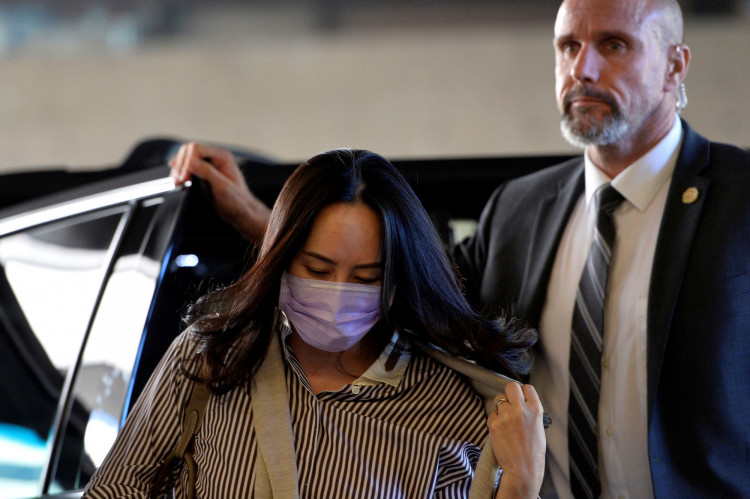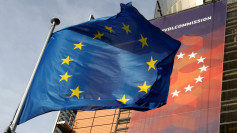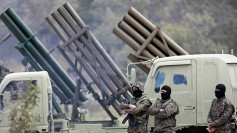Reuters - A Canadian police supervisor who oversaw the arrest of Huawei chief financial officer Meng Wanzhou relayed a "strong suggestion" from her superior to an arresting officer that Meng be apprehended on the aircraft she arrived on, according to court testimony Tuesday.
However, Meng was first detained by the Canada Border Services Agency and interrogated for nearly three hours during which border agents seized her electronic devices and secured passcodes.
Huawei lawyers have alleged that during Meng's arrest at Vancouver airport two years ago, U.S. and Canadian authorities coordinated to use CBSA's additional investigative powers to interrogate her without a lawyer present, before Canadian police arrested Meng on a warrant from the U.S. charging her with bank fraud.
Meng, 48, denies the United States' accusation that she misled HSBC about Huawei's dealings in Iran, causing the bank to potentially violate U.S. trade sanctions. Her lawyers allege her civil rights were violated during the interrogation and arrest and are trying to get her extradition thrown out.
Royal Canadian Mounted Police Sergeant Janice Vander Graaf testified that she had concerns about the suggestion from her superior that Meng be apprehended on the plane. Even though the RCMP was legally entitled to do so, Vander Graaf said she believed it would be "overstepping authority."
"I didn't think there was an emergency situation that necessitated the RCMP going on to the plane," she told the court.
Despite her reservations, Vander Graaf said she passed on the suggestion to RCMP Constable Gurvinder Dhaliwal the day before Meng's arrest.
CBSA and RCMP officers have been called to testify specifically on the alleged illegal coordination between the forces and whether identifying details about Meng's devices were purposely shared with police and U.S. authorities.
Dhaliwal told the court Tuesday morning that he did not recall a separate conversation with Vander Graaf in which he told her that sensitive information about those devices was sent to U.S. authorities.
Defense lawyer Scott Fenton confronted Dhaliwal about a note made by his supervisor, which he said suggested Dhaliwal knew that Staff Sergeant Ben Chang, one of his colleagues, had sent the serial numbers and SIM card numbers of Meng's devices to the U.S. FBI ahead of a request for evidence.
Chang, who has since retired from the RCMP, has refused to testify. Court documents show government prosecutors declined to share notes relating to him due to concerns about witness safety.
When asked if he agreed Meng's serial numbers constituted private information and may require further authorization to be noted down, Dhaliwal replied, "It did not occur to me at the time."
Meng's lawyers have argued that the FBI conspired with the CBSA and the Canadian federal police at the time of her arrest to mount a "covert criminal investigation."
Earlier Tuesday, Fenton asked Dhaliwal if he knew Meng was "subject to some FBI surveillance."
Dhaliwal replied that it appears someone did know, based on records and exhibits.
Fenton also focused on what rights Meng would have been read if the RCMP arrested her immediately after she exited a plane from Hong Kong rather than waiting until after CBSA's investigation, arguing she would have been informed about the charges against her and her right to legal counsel.
Dhaliwal agreed, adding, "That's a hypothetical."
Diplomatic relations between Ottawa and Beijing have degraded in the wake of Meng's arrest. China arrested Canadian citizens Michael Spavor and Michael Kovrig on espionage charges days later.
Witness testimony is set to last until Friday, with the potential for two to three more days scheduled in December. Meng's extradition hearing is expected to wrap up in April 2021.






